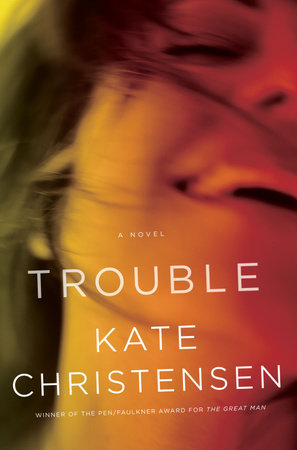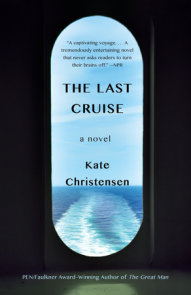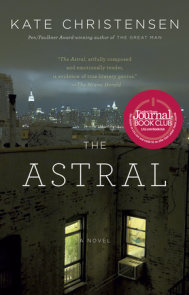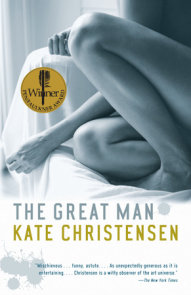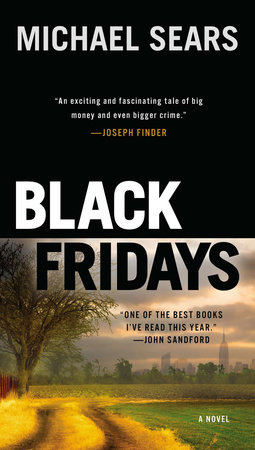

Trouble
By Kate Christensen
By Kate Christensen
By Kate Christensen
By Kate Christensen
Category: Literary Fiction
Category: Literary Fiction

-
$15.00
Jun 01, 2010 | ISBN 9780307390943
-
Jun 16, 2009 | ISBN 9780385530385
YOU MAY ALSO LIKE
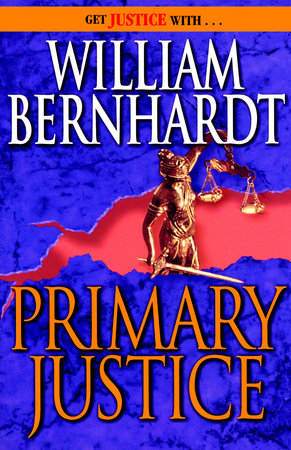
Primary Justice
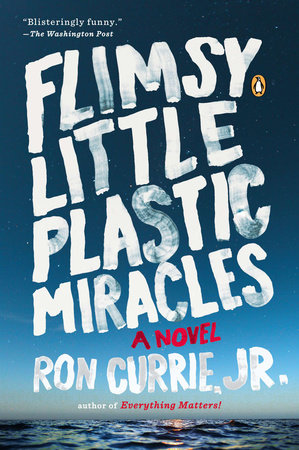
Flimsy Little Plastic Miracles
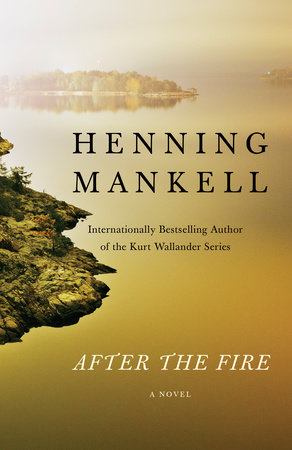
After the Fire
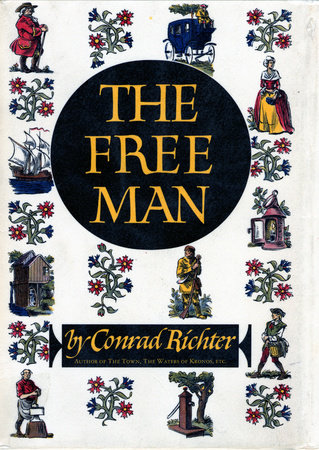
The Free Man
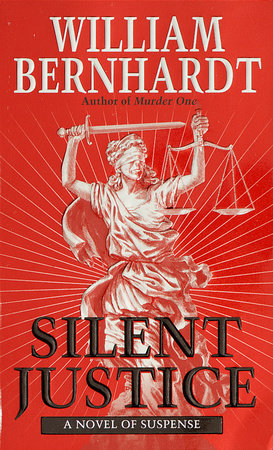
Silent Justice

The Life of Irene Nemirovsky
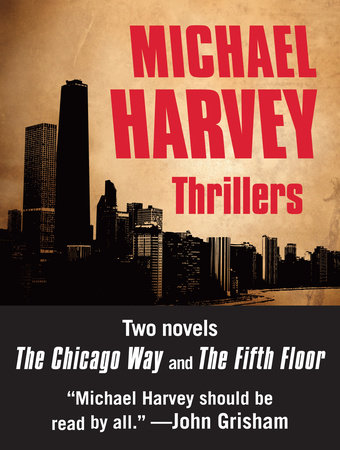
Michael Harvey Thrillers 2-Book Bundle
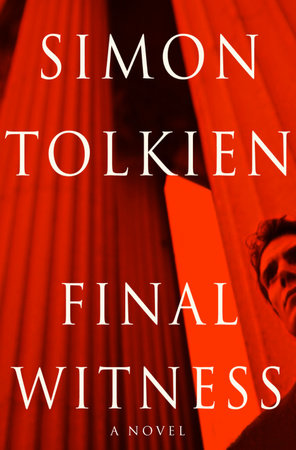
Final Witness
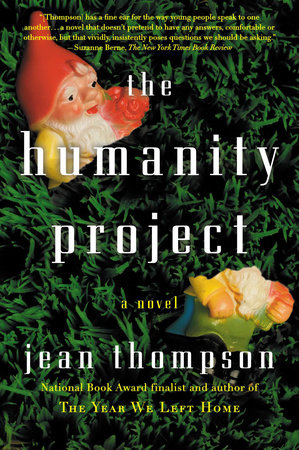
The Humanity Project
Praise
“In a word, divine. . . . A wild, vividly drawn, psychological, sexual and cross-cultural ride.” —San Francisco Chronicle
“You may experience feelings of exhilaration while reading Trouble. This is normal and is caused by the fact that Christensen is the kind of writer who’s willing to say things most people don’t dare to. And she knows exactly how to say them.” —Time
“Sharp, clear, and often hilarious.” —The New York Times Book Review
“This is Kate Christensen, which means crackling prose, sharp dialogue, and a sly, fanged humor calculated to make Jane Austen sit up and grin.” —The Oregonian
“A stylish . . . suspenseful story of middle-aged sexual awakening and female friendship.” —The New Yorker
“Kate Christensen [has] established herself as a wise, wry voice on the byzantine ways that women’s ambitions and erotic lives conflict.” —The Washington Post
“[A] zinger of a look at matters of the heart.” —USA Today
“Biting and voluptuous. . . . Resonant [and] surprising. . . . A sumptuous banquet of vicarious thrills.” —Bookforum
“Christensen writes beautifully.” —Los Angeles Times
“Witty, zestful. . . . Christensen has a knack for words. She describes vividly the sights, sounds, and smells of Mexico City, the tastes of Aztec food, bite by bite, and the glasses of mescal, tequila, sangria and such, sip by sip. . . . A razzle-dazzle tale of sensual pleasures.” —The Virginian-Pilot
“Kate Christensen knows women—indeed, she knows all of us.” —The Anniston Star
“Marvelous. . . . Wonderfully acerbic, and true to women’s sensibilities, Trouble delivers the goods.” —New York Daily News
“Christensen’s sexiest book and among her wittiest. . . . A savvy blend of commercial appeal and literary flair. . . . [Christensen] is a contender for the title Best Novelist You Haven’t Been Reading.” —The Daily Beast
“[Trouble] shares many virtues with [Christensen’s] previous novels: strong situations, compelling plot development, accessible prose. . . . Smart, satisfying fiction.” —AARP Magazine
“The bond between the friends is perfectly felt—nuanced, intimate, believable to the point that you’d go for drinks with them in a heartbeat.” —The L Magazine
“A smart and sexy look at the way libido plays into the female midlife crisis, and many of Christensen’s observations . . . sparkle with acerbic wit. . . . It’s refreshing to read about middle-aged women who are given not only agency, but also vivacity and desire.” —BookPage
21 Books You’ve Been Meaning to Read
Just for joining you’ll get personalized recommendations on your dashboard daily and features only for members.
Find Out More Join Now Sign In






